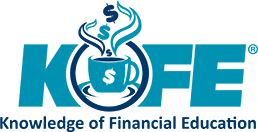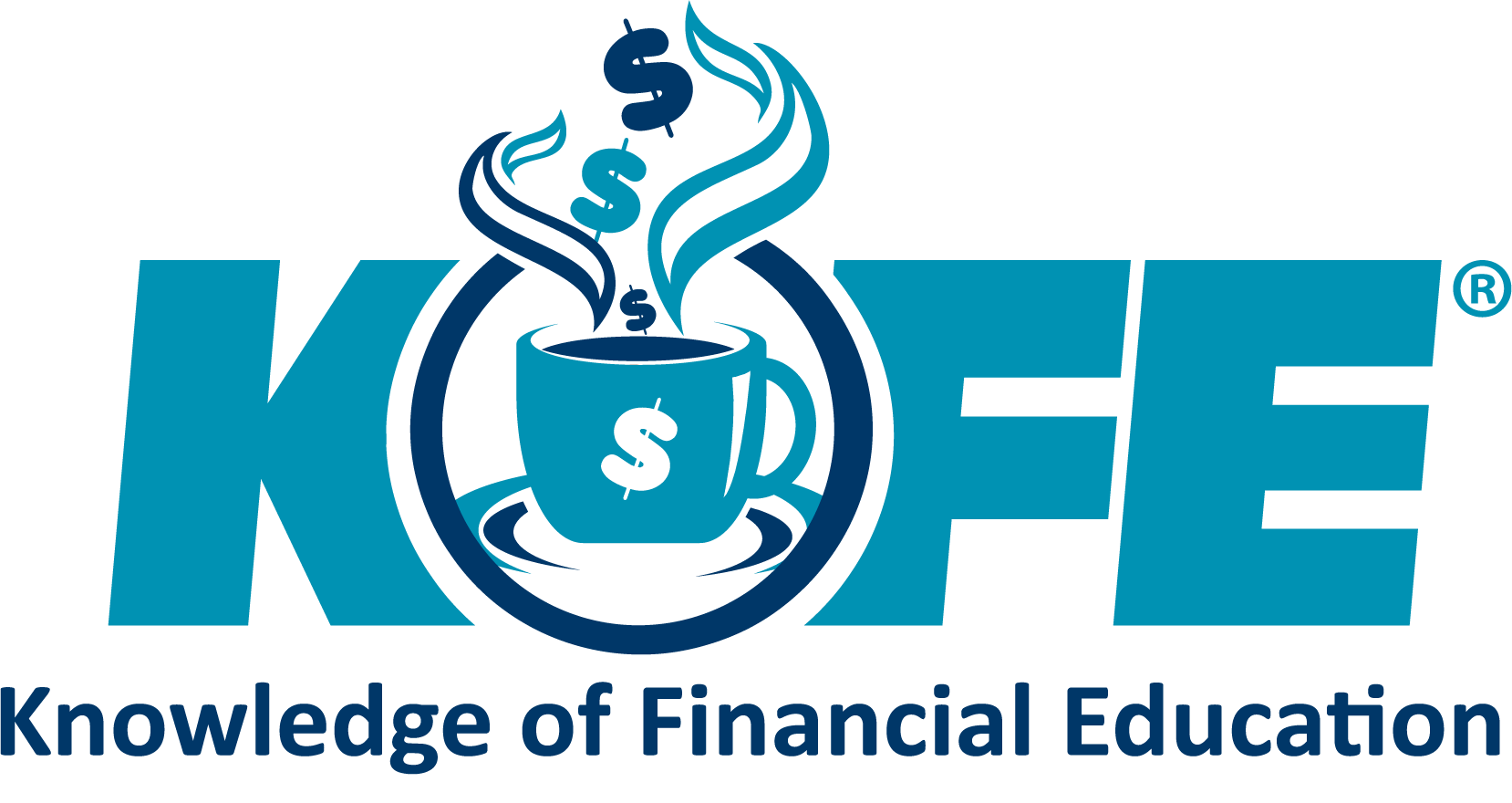Free yourself from debt.
Becoming overwhelmed by debt happens for many reasons. Some people lose their jobs. Others suffer medical emergencies, and then there are those who don’t manage their money properly.
As KOFE helps you improve your money skills, it also assists you in solving your debt issues. Understanding how to maintain a realistic budget and focus on saving can help you better address your existing debt as well as avoid accumulating future debt.

KOFE Break!
Test your know-how before you start to see how much help you need. Can you skim this section or do you need to take some time on this topic?
How can you get out of debt on your own?
A) No one can get out of debt on their own.
B) Tell your creditors you won’t be paying them back.
C) Negotiate with your creditors and start a new payment plan.
D) Use a debt settlement company.
C) Negotiate with your creditors and start a new payment plan.
Potential solutions
The following list provides some detail on the debt solutions you can use to avoid bankruptcy:
- Do it yourself (DIY): In some cases, you can negotiate with your creditors and lower your interest rates and create a new monthly payment plan. This means more of your monthly payments go to reducing your debt instead of paying off interest. Begin with the highest interest rate card first and pay one card at a time.
- Debt consolidation: This is where you roll multiple debts into one payment. You can transfer existing credit card balances to a low-interest credit card, or take out a personal debt consolidation loan through a bank. In either case, you’ll need good credit to qualify for the ideal terms needed to help you lower your debt.
- Debt management program: If you and your coach determine your debt problems are too big to handle on your own, or your credit score is low and prohibits you from qualifying for DIY consolidation, then they may recommend that you enroll in a debt management program. This consolidates your debts, lowers your interest rates and, in many cases, gets penalties and fees eliminated from the accounts included in the program.
- Debt resolution: This option is used when you are in an emergency situation. You can call the collection agency holding your debt and offer to pay them as much as you can. If they agree, they will discharge the remaining balance of the debt. Make sure it has been noted your credit report that the debt was paid in full.
- Bankruptcy: Bankruptcy is a formal process whereby debtors who cannot meet their obligations sign over all of their assets to a Licensed Insolvency Trustee, who may liquidate certain assets —except those exempt by law— to satisfy outstanding debts.
- Consumer Proposal: A Consumer Proposal is a formal procedure whereby debtors, working with a Licensed Insolvency Trustee, put together an offer to pay their creditors a percentage of what is owed to them over a specific period of time, extend the time to pay off the debt or a combination of both.
Resolving debt issues is intimidating for many people. They find themselves alone and helpless. You are not alone. You can seek out financial professionals that provide insight and guidance on solutions that work.

